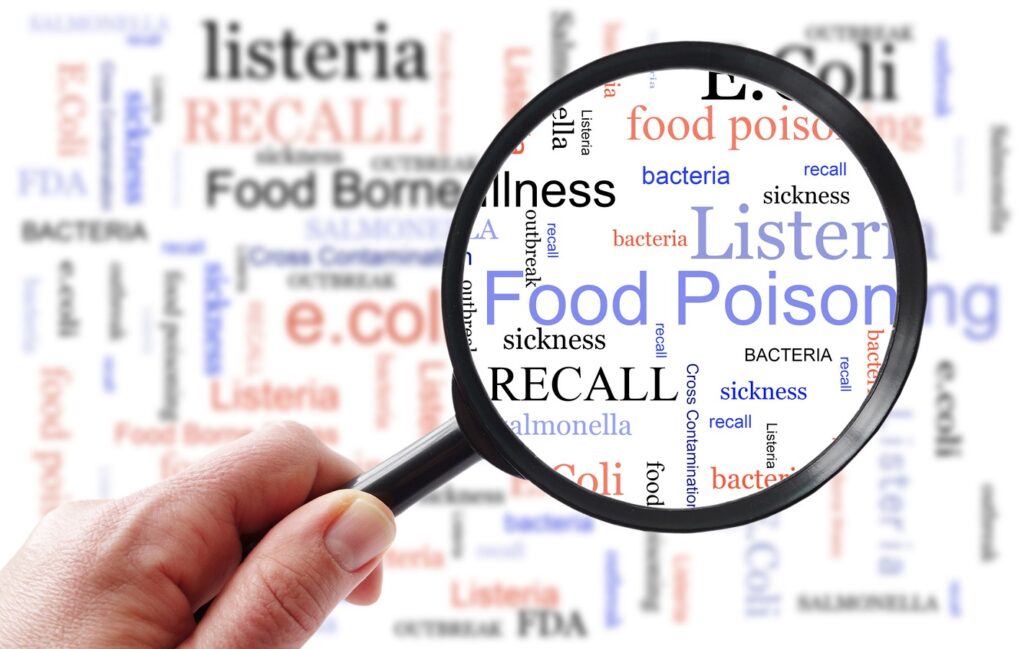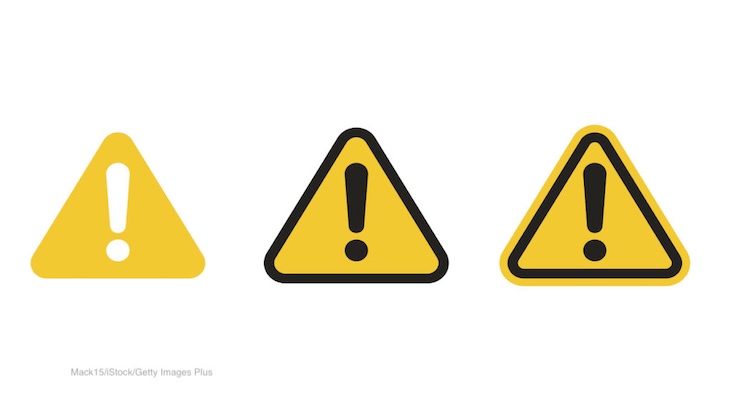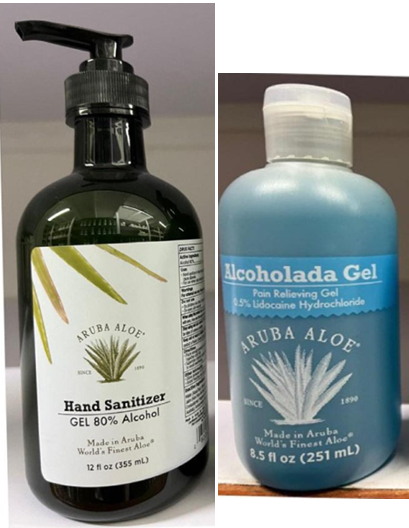Astek Diagnostics, founded by Mustafa Al-Adhami, PhD, in response to his grandfather’s experience with a urinary tract infection (UTI), is on a mission to transform diagnostic procedures. Witnessing his grandfather’s suffering, Al-Adhami recognized the urgent need for a more efficient and precise diagnostic solution. Thus, he conceived the idea of the Jiddu Analyser, aimed at providing rapid antibiotic sensitivity testing within one hour. The company started in 2021 when Al-Adhami sketched his vision for a one-hour antibiotic sensitivity test. The Jiddu Analyzer streamlines the diagnostic process, offering rapid and precise results directly from patient samples at the point of care. Astek wants to alleviate patient discomfort, prevent complications, and improve overall healthcare outcomes by eliminating the need for guesswork and expediently identifying bacterial infections. @ https://femtechinsider.com/astek-diagnostics-uti-identification-treatment/




